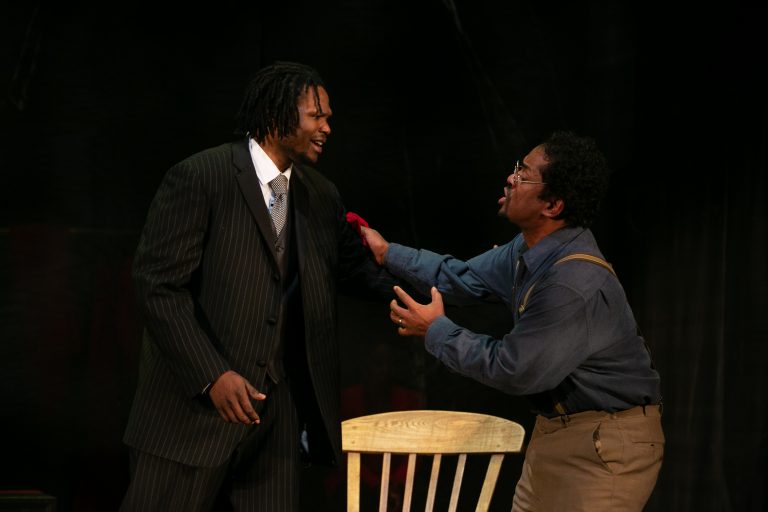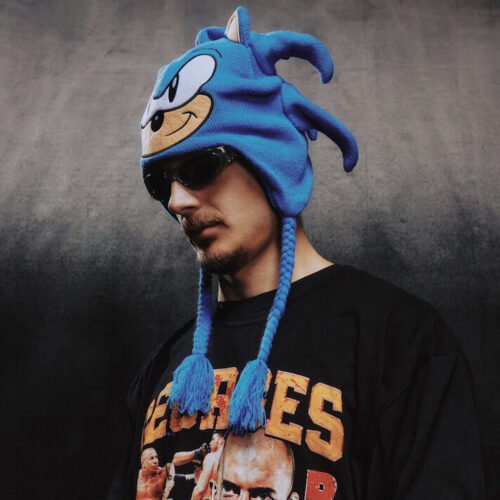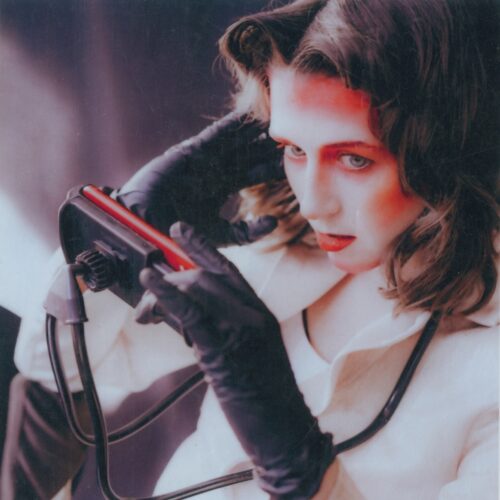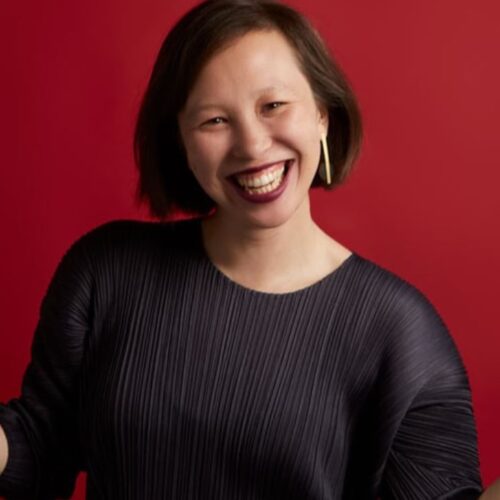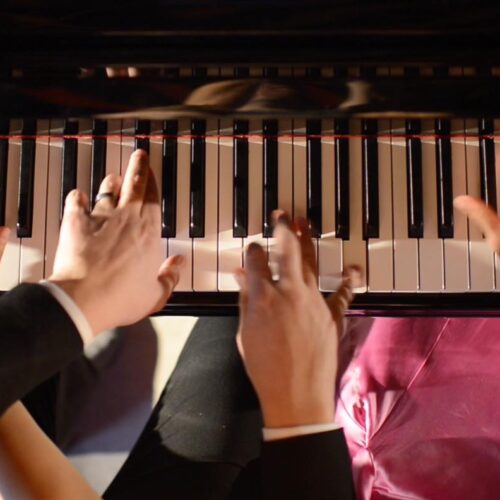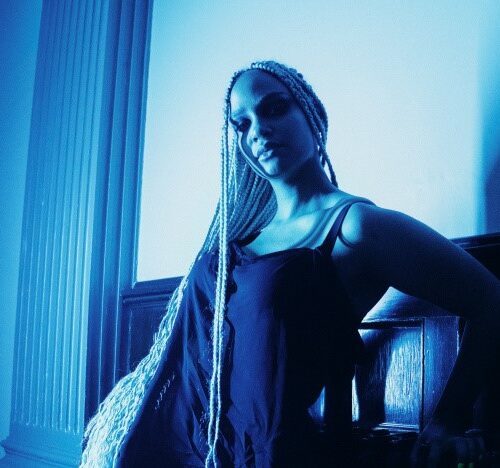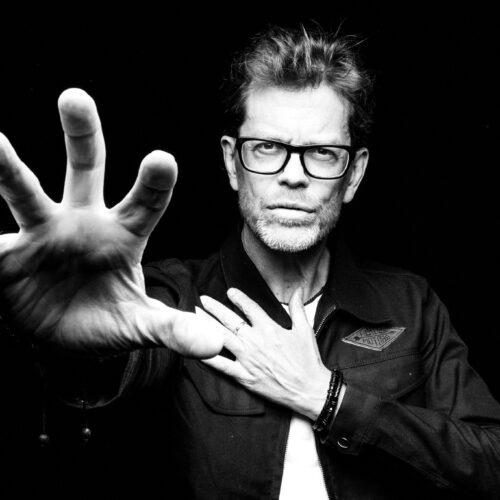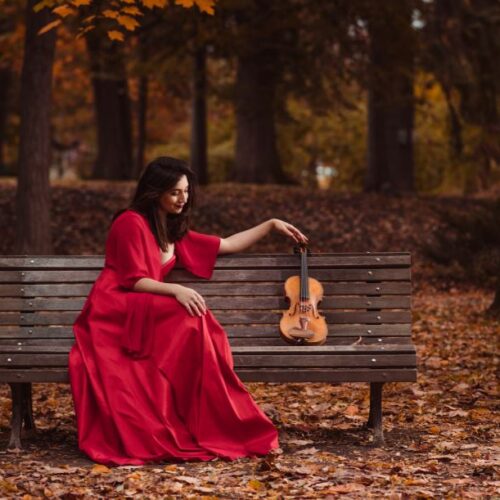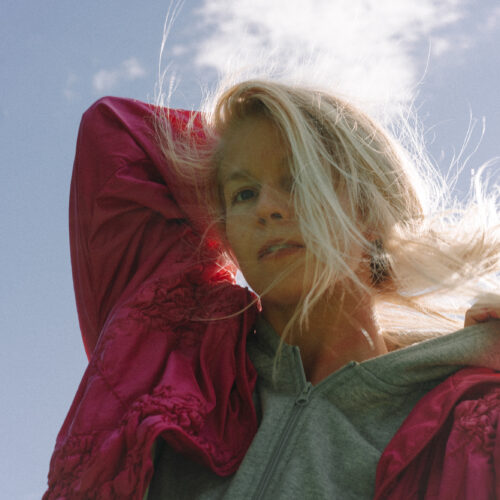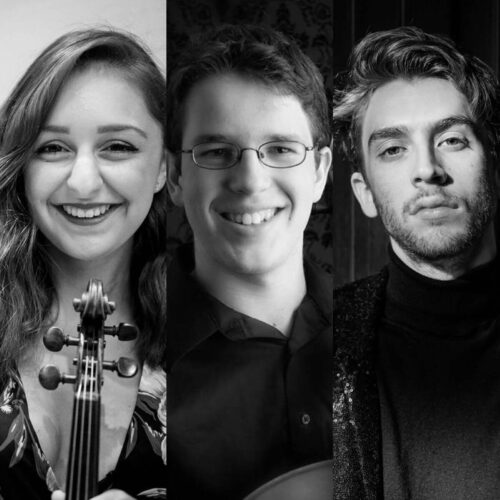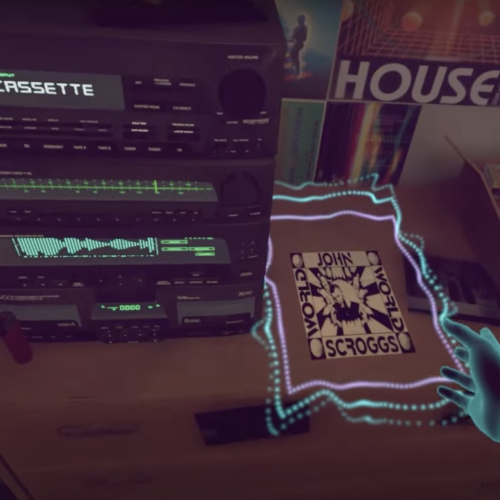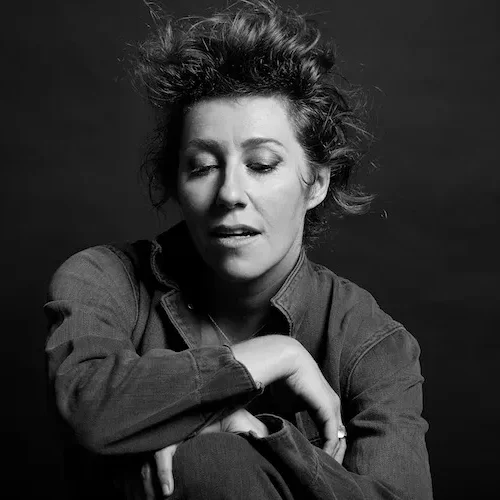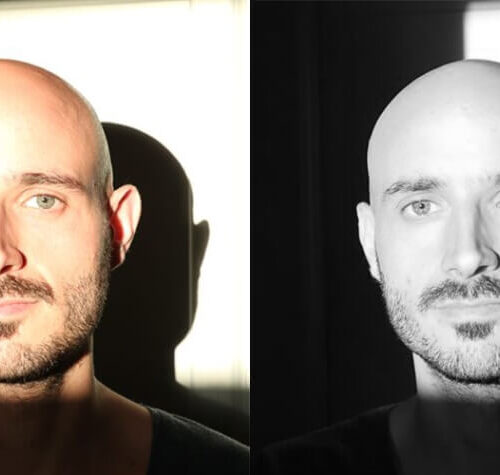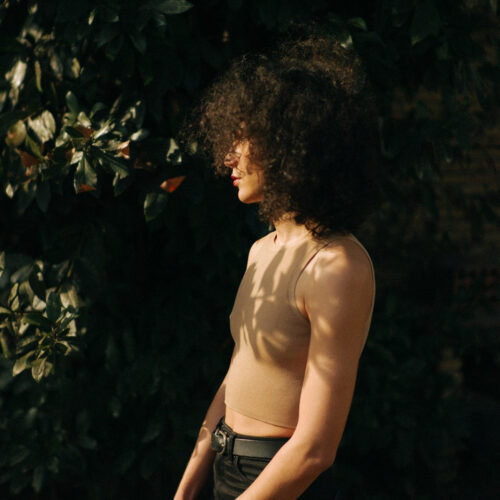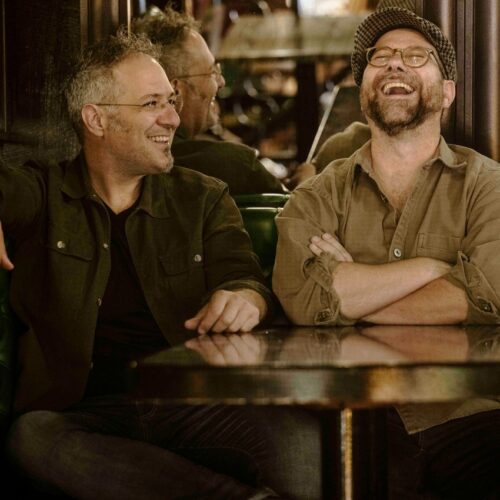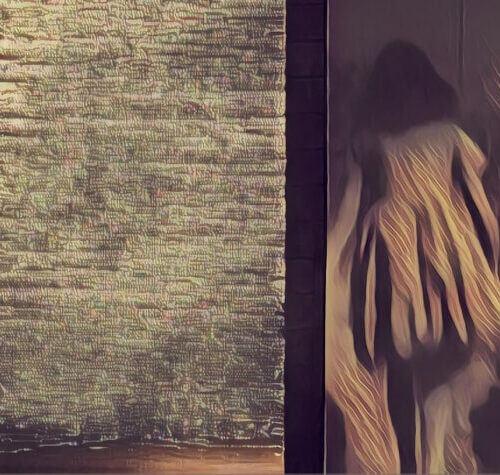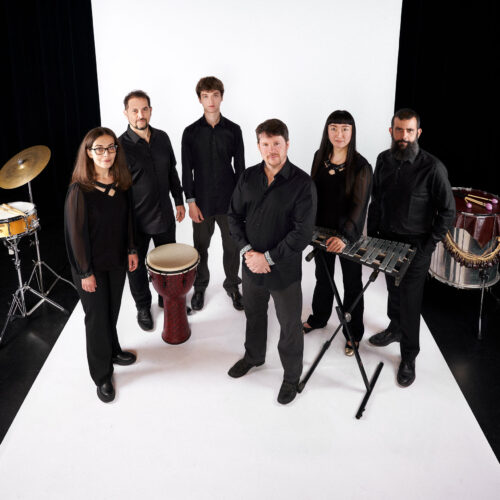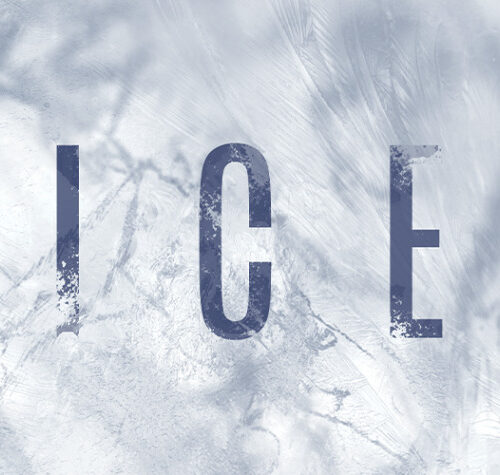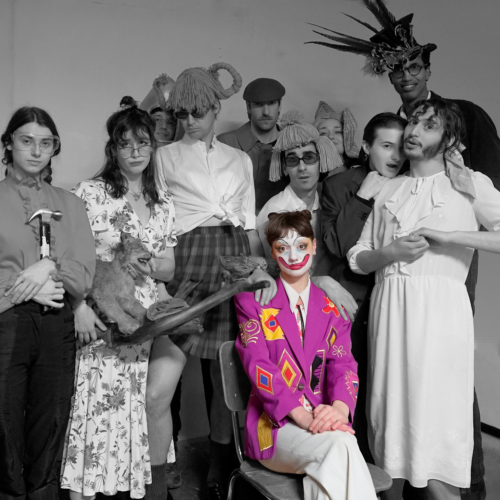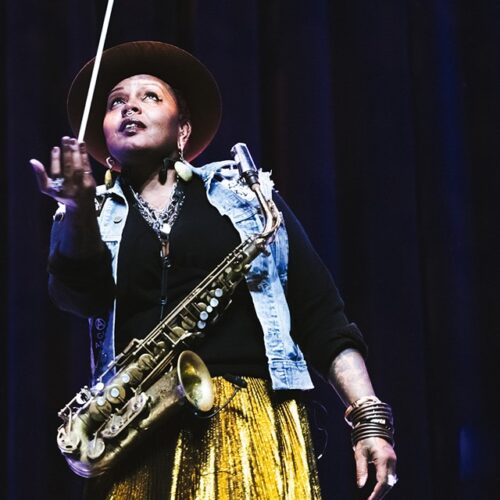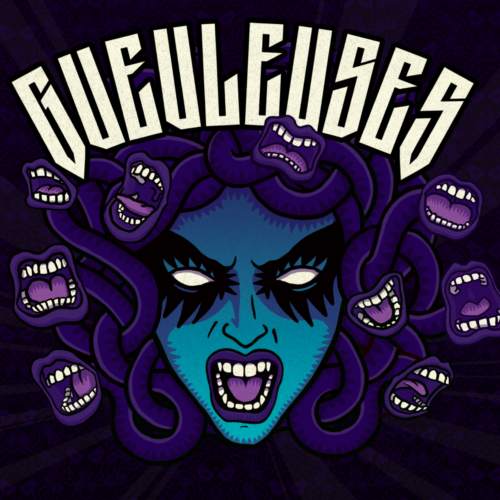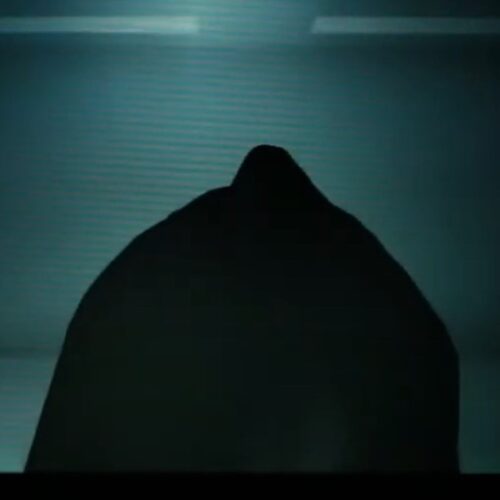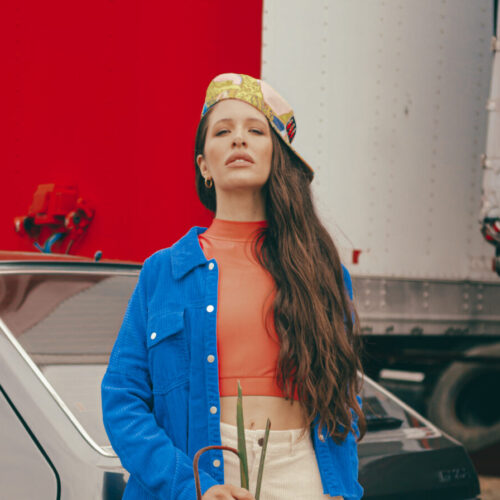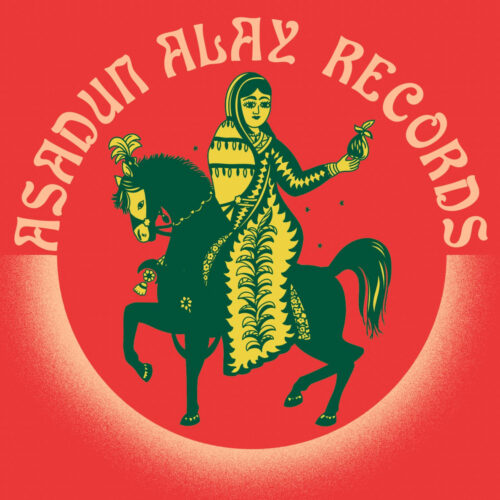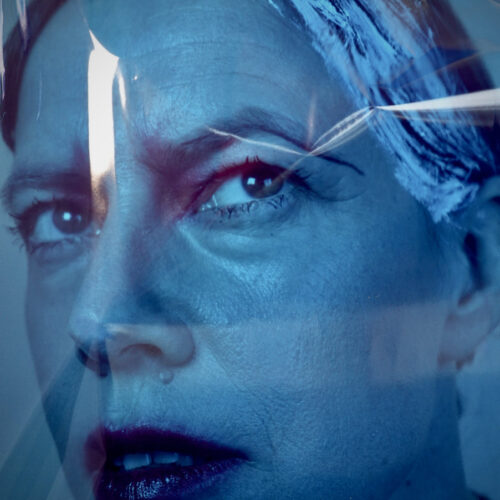Additional Information
With Le Vivier, Chants Libres and Bradyworks present Backstage at Carnegie Hall, a chamber opera about “racism and the electric guitar” on Friday and Saturday. Premiered at the Centaur Theatre, the work is the first in a series of four by composer and guitarist Tim Brady, founder of Bradyworks and leader of various groups including the electric guitar ensemble Instruments of Happiness.
Socially engaged, this upcoming tetralogy is entitled Hope (and the Dark Matter of History) and intends to explore the themes of racism, de-formation, abortion rights, space colonization, artificial intelligence and climate change.
But first things first: in addition to performing in Backstage at Carnegie Hall, Tim Brady has written the music, while actress and author Audrey Dwyer has written the libretto.
Tenor Ruben Brutus plays the lead role of Charlie Christian, a guitarist who pioneered modern jazz like Django Reinhardt. Sopranos Alicia Ault and Frédéricka Petit-Homme as well as baritones Clayton Kennedy and Justin Welsh will give him the lead.
Musical direction is by Véronique Lussier and staging is by Cherissa Richards. Apart from Tim Brady, the instrumentalists involved in the performance of the work will be Pamela Reimer, keyboards, Ryan Truby, violin and Charlotte Layec, bass clarinet.
With the composer and lead singer of Backstage at Carnegie Hall, let’s see how it all came together.
PAN M 360: “Meet Charlie Christian, a jazz guitar pioneer, backstage at his now legendary December 24, 1939 concert at Carnegie Hall, as a panic attack takes hold of the 23-year-old” says the synopsis. Why this particular event?
TIM BRADY: This imaginary opera based on real historical figures and events allows me and my librettist to explore the depth of human experience with a certain liberty that, we hope, might get us to a deeper truth than “just the facts”. But, to be clear – most of the story is fiction – Time Travellers do not exist, Charlie Christian ever met Rufus Rockhead or Orville Gibson, for example. Call it artistic licence.
In concert with Le Vivier, Chants Libres and Bradyworks present Backstage at Carnegie Hall, a chamber opera about “racism and the electric guitar” on Friday and Saturday. Premiered at the Centaur Theatre, the work is the first in a series of four by composer and guitarist Tim Brady, founder of Bradyworks and leader of various groups including the electric guitar ensemble Instruments of Happiness.
Socially engaged, this upcoming tetralogy is entitled Hope (and the Dark Matter of History) and intends to explore the themes of racism, de-formation, abortion rights, space colonization, artificial intelligence and climate change.
But first things first: in addition to performing in Backstage at Carnegie Hall, Tim Brady has written the music, while actress and author Audrey Dwyer has written the libretto.
Tenor Ruben Brutus plays the lead role of Charlie Christian, a guitarist who pioneered modern jazz like Django Reinhardt. Sopranos Alicia Ault and Frédéricka Petit-Homme as well as baritones Clayton Kennedy and Justin Welsh will give him the lead.
Musical direction is by Véronique Lussier and staging is by Cherissa Richards. Apart from Tim Brady, the instrumentalists involved in the performance of the work will be Pamela Reimer, keyboards, Ryan Truby, violin and Charlotte Layec, bass clarinet.
With the composer and lead singer of Backstage at Carnegie Hall, let’s see how it all came together.
PAN M 360: “In his delirium, he is projected in time and space, between dream and reality.” Where is the reality in the opera ? Where is the fiction?
TIM BRADY : In addition to Charlie Christian, the other main character is a Time Traveller. So this is clearly fiction! So the Time Traveller helps Charlie move among several different times – 1939, 1932, 1926, 1902, 2014 – each scene being rooted in the reality of that era. But Time Travel is pure fiction – a theatrical device, which my librettist Audrey Dwyer uses to great effect.
PAN M 360: Why this theme “racism and electric guitar” ?
TIM BRADY: The electric guitar has a history of moving across the race line: Charlie Christian/Django Reinhardt, Chuck Berry/Scotty Moore, Jimi Hendrix/Eric Clapton, to mention 3 historical pairs of players who developed jazz, rock‘n roll, and modern rock. So the electric guitar is a potentially powerful metaphor for the evolution of race relations in Western civilisation.
Racism is an ongoing major problem in the world, and I am interested in writing operas that touch on complex social and historical issues. This might not be easy, but I and my librettist are interested in the challenge. “Opéra engage” – we might call it.
The opera is also very much built around my use of the guitar in chamber music. So, from a purely musical perspective, it is an opera “about the electric guitar”.
PAN M 360: “His journey takes him from the slaveholding United States to Little Burgundy in Montreal. A gallery of characters crosses his path, including his ancestors, his father, the founder of the Montreal jazz club Rockhead’s Paradise, Rufus Rockhead, the luthier Orville Gibson, the clarinetist and bandleader Benny Goodman, and the singer Marian Anderson, emblematic figure of the American civil rights movement of the 1930s.”
Here we have a mixture of historical references between the United States and Montreal. Was this the will of the librettist or the composer or a common agreement between the librettist and the composer?
TIM BRADY : I (as composer) had a basic idea of what the opera should be about – I had the basic characters in mind when I approached Audrey about this collaboration. But Audrey (Dwyer) developed this very simple outline into a full-fledged, powerful story with characters with deep, complex interior lives. It was a real collaboration.
PAN M 360: What is your relationship with opera? What are your favorite operas?
TIM BRADY: I like contemporary opera because of the theatrical and musical ideas that are explored – a real linking of music, text and theatre. It is a big challenge for a composer, but working with a great libretto like “Backstage” makes me find other ways to use and expand my musical language.
I am not that interested in traditional 19th century “grand opera” – the stories are often quite simplistic, the characters are often more like caricatures, and the singing style generally obscures the words. So my interest in opera is much more linked to a contemporary approach.
PAN M 360: What are you trying to exploit in this opera as a composer?
TIM BRADY: This libretto has made me explore the full range of my musical experience. There are pretty melodies, dramatic arias, chaotic noise improvisations, minimalist grooves, with different kinds of harmonic and contrapuntal variations. The music follows the story, and the story goes to so many fascinating places that I found all sorts of musical inspiration in the libretto.
PAN M 360: If this is a chamber opera, what is the instrumentation of this Bradyworks version?
TIM BRADY: The band is electric guitar (with some pedals), digital keyboard, violin and bass clarinet. We can sound very calm and transparent like chamber music, or almost like a rock band, or anything in between. The electric guitar references Charlie Christian, the bass clarinet references (in a slightly more oblique manner) Benny Goodman, the piano comes from both jazz and classical, and the violon references the “classical” world that is Carnegie Hall. It also is just a great sound with great players. It’s really fun being in the band.
PAN M 360: What is the composer’s intention here to support the theatrical narrative ?
TIM BRADY: It is very important for me to accomplish two things when writing opera: first – to express the interior life, the psychological and emotional depth, of the character and – second – to make sure the listener can actually hear the words and understand them (at least most of the time). So I have to understand the motivation of each character, and of each scene, and find a music that sustains and builds on that perspective.The I have to find note and rhythms that convey these experiences in a way that the singers have something great to sing, and that makes the text as clear as possible. A challenge.
PAN M 360: How were the soloists chosen and involved in this multidisciplinary production?
TIM BRADY: We have been doing workshops for the opera since 2019, working with a range of partners from Montréal, Toronto and Winnipeg. This process helps the production slowly build a strong team. We’ve also collaborated with other companies – Tapestry Opera in Toronto and Black Theatre Workshop in Montréal, as two examples – to find the best artists for each role in the project. Opera is a very demanding art form – you are basically mounting a very complex piece of theatre on top of a very complex piece of music. So it requires folks who are very talented, experienced, focussed and have a generous spirit. We have a great cast, a great director – on all levels, a great team.
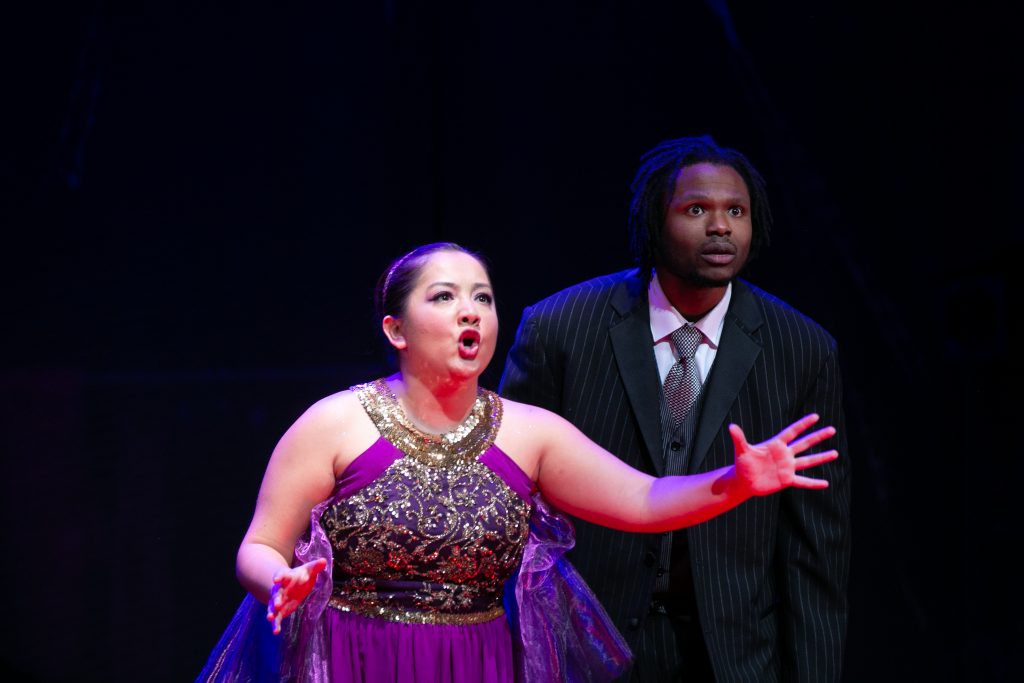
WHAT RUBEN BRUTUS SAYS
PAN M 360: Where were you trained as a classical tenor?
RUBEN BRUTUS: I was trained in classical singing at the Faculty of Music of the University of Montreal. I have done a little bit of contemporary music, I have worked with Chants libres then led by Pauline Vaillancourt but that is not exactly my bag. I usually stick to the classical repertoire but also to the popular or jazz repertoire when I sing in corporate events or private parties – weddings, etc. So I sing with both techniques and it has helped me a lot with Tim’s music. Before I seriously studied voice, by the way, I did a B.A. in jazz at Concordia University – with Jeri Brown.
PAN M 360: Because your Haitian roots and culture, you probably did some choral singing, right?
RUBEN BRUTUS: Totally. I grew up singing gospel music in church, that was my first musical experience and then I participated in the Jireh Gospel Choir under the direction of Carol Bernard and then I realized that I would really like to go further in music and become professional.
PAN M 360: You have had several roles in operas since your professional debut?
RUBEN BRUTUS: Yes, several roles, including the title role in The Gypsy Baron in 2017, I’ve often found myself in the choirs of the Montreal Opera, the OSM.
PAN M 360: You find yourself in a contemporary context, how do you feel about it?
RUBEN BRUTUS: It’s a far cry from A Midsummer Night’s Dream! (laughs). What’s great about Tim’s (Brady) work is that he’s been able to incorporate spoken word into his music, it’s more than just sprechgesang or recitative. I also like his stylistic evocations on the guitar, he can reproduce Charlie Christian’s playing very well for example. The rhythm is not regular like in opera, it moves a lot. I told Tim that playing his music is like memorizing Modus Novus (study of atonal melodies) or singing to Steve Reich’s music (laughs). We are in another language, in another universe where words have a beautiful place, a real importance. I like the composition of the ensemble, the original use of the bass clarinet and the violin… It is sure that it makes the workload and the learning almost impossible but we can count on an extraordinary team. Seriously we have a great team of artists, the director managed to do a very good job.
PAN M 360: How do you see your character evolving in the dramatic framework?
RUBEN BRUTUS: Throughout the opera, the character is in reality. Charlie had both feet on the ground and he’s capering. We are in his head during several scenes, but we don’t have to overact because we are in realism, a panic attack is quite common in humans especially in a context of racism and also of obligation of performance of a young black man. It is therefore close to me this role, I love this role. And I will tell you that anxiety attacks do not really exist in Haitian culture, we are told to go calm down and have a tea… The performing arts can be anxiety-provoking and it must be remembered that kindness was not omnipresent in Charlie Christian’s time. Today, we admit the reality of stress and anxiety, fortunately, we work with the friendly people rather than the unpleasant ones regardless of their talent.
PAN M 360: As an Afro-descendant and classical musician, how do you see an opera about a jazz guitarist?
RUBEN BRUTUS: I’ve asked Tim before, “Why an opera? We’re into jazz and black music, we’re into electric guitar, so why opera? I don’t remember exactly what his answer was (laughs), but I think opera is an elitist art form, you never hear about racism or electric guitar in opera. Opera was not originally accessible to the disadvantaged or marginalized. Of course, it has evolved and such an opera can have a social impact and Tim is doing the right thing in that sense, especially since he allows us to go outside the operatic voice sometimes, we can also sing in a musical way. Tim prioritizes sharing the story. I regularly tell him that his music is really messed up but that I am committed to telling the story to the best of my ability.
MAIN PHOTO CREDIT (RUBEN BRUTUS AND JUSTIN WELSH): PIERRE-ÉTIENNE BERGERON
